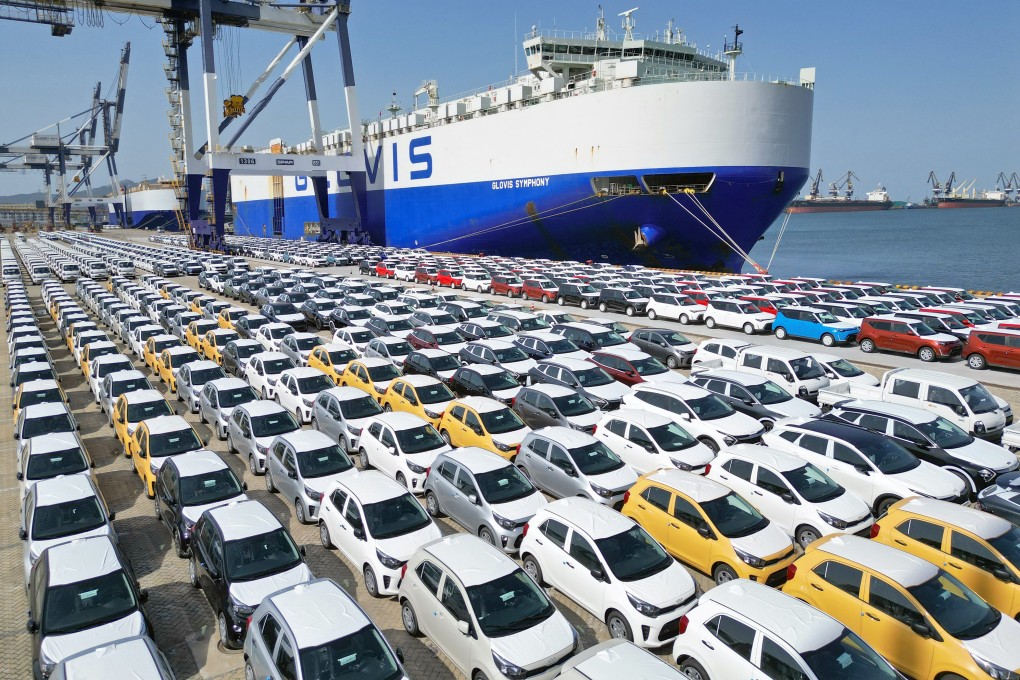Advertisement
Macroscope | Could China go ‘nuclear’ and devalue its currency to boost ailing recovery?
- Devaluation is a common temptation for major trading nations such as China despite the risk of starting currency wars and angering trading partners
- A recent report argues that devaluing the yuan could bring major benefits and spur Beijing and others to experiment further
Reading Time:3 minutes
Why you can trust SCMP
28

Could China reach for what is sometimes termed a “dirty” weapon as it faces an increasingly hostile external environment? This does not mean using the literal “nuclear option” to counter security threats but instead resorting to a major yuan devaluation.
Advertisement
A recently published report by the Institute of International Finance (IIF) argues that currency devaluation could bring major economic benefits and spur China and others in and beyond Asia to experiment with this controversial weapon at a time of economic warfare.
While the economic logic behind such a strategy might seem sound, it could set off a series of currency wars among the highly trade-competitive nations of the region, adding to existing economic stresses created by protectionism and supply chain fragmentation. Even so, all is fair in love and war.
Currency devaluation is always a temptation for any major trading nation faced with stagnating external and domestic demand coupled with deflation. This is much more so in the case of a major power such as China, which is the world’s second-biggest economy and largest exporting nation.
Critically, devaluation is also seen by some as a possible way to escape from the kind of liquidity trap China is widely perceived to be caught in now. In this trap, domestic demand fails to respond to monetary or fiscal stimulus and simply raises savings rates rather than consumption.
However, there is a view among economists that currency devaluation is a double-edged sword. It can boost export volumes and values but also create upward pressure on import costs and inflation, thereby negating part of the benefits.

Advertisement
